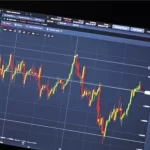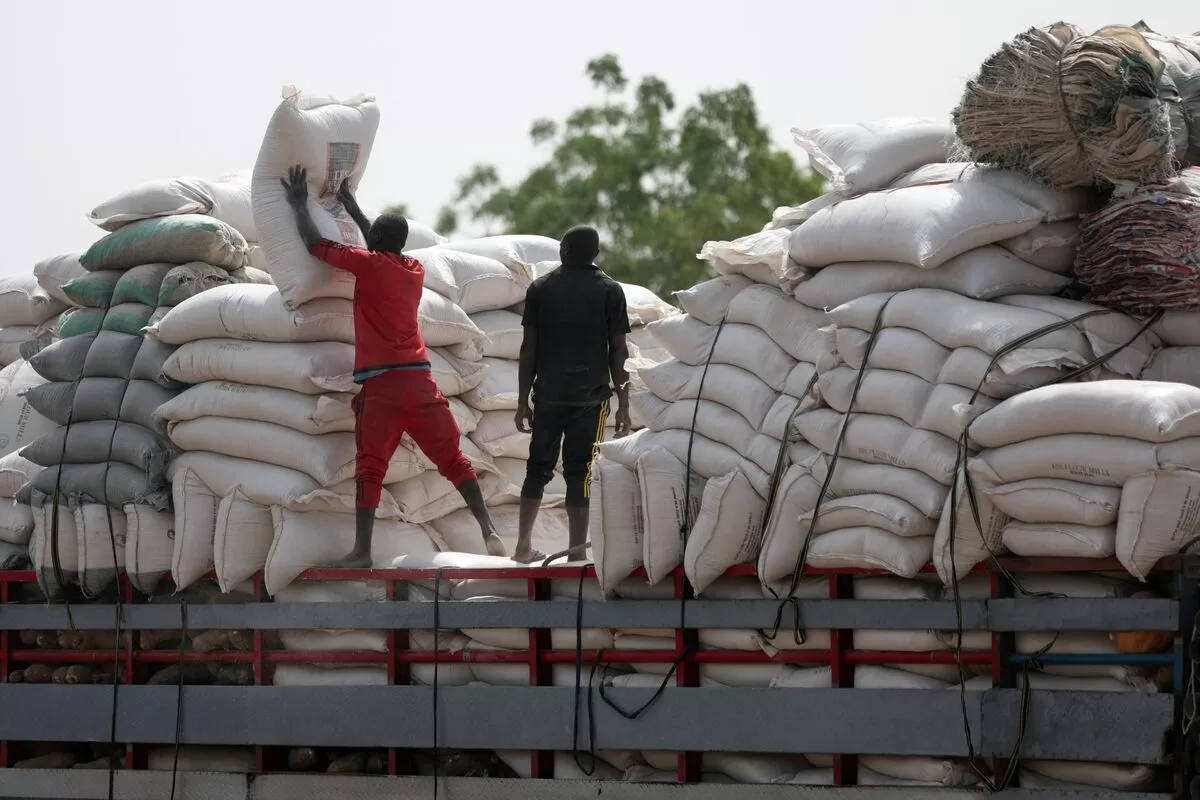FG is considering a six-month suspension of import duties on staple food items and drugs to tackle inflation, awaiting President Tinubu’s approval. However, this proposal contradicts Tinubu’s previous stance on food imports amid Nigeria’s food crisis and soaring inflation rates, with rice prices surging by 169% in the past year
This is contained in a document sent to President Bola Tinubu for review and approval as per a report seen by Nairametrics.
The Federal Government is contemplating a six-month suspension of import duties on essential items like staple food, drugs, and more, in a bid to combat inflation,
The document also includes plans to waive levies on fertilizers, poultry feed, flour, and grains.
The Inflation Reduction and Price Stability Order, as outlined in the document, will mandate the Ministry of Finance and the Central Bank of Nigeria to devise a plan for offering low-interest loans to the agriculture, pharmaceutical, and manufacturing sectors.
This productive deployment will ultimately improve outputs and reduce inflation,” the document said.
The president is also likely to suspend value-added tax (VAT) on automotive gas oil, some basic food items and semi-processed staple food items such as noodles and pasta, raw-material inputs for the manufacture of food items, electricity and public transportation, as well as agricultural inputs and produce and pharmaceutical products for the rest of the year.
However, President Bola Tinubu is yet to approve the proposal, which also includes waiving levies on items such as fertilizers and poultry feed. Additionally, plans entail low-interest loans to key sectors like agriculture and pharmaceuticals.
This move aims to bolster production and curb inflation. Meanwhile, a potential contradiction arises as the proposal conflicts with Tinubu’s earlier stance on food imports.
Nigeria faces a looming food crisis, with prices soaring and food inflation hitting 40.5%, especially affecting rice prices. Around 31 million Nigerians may confront severe food shortages by August, amplifying economic and societal challenges.











